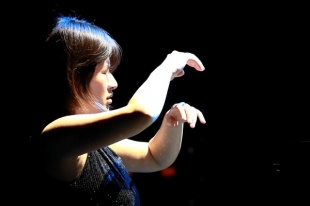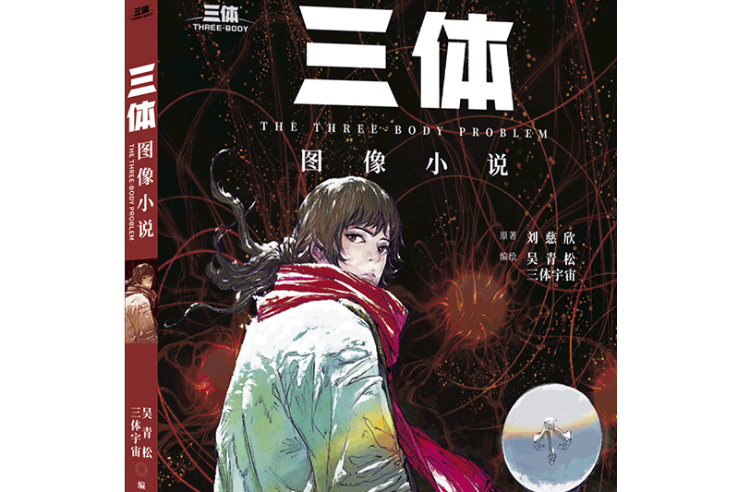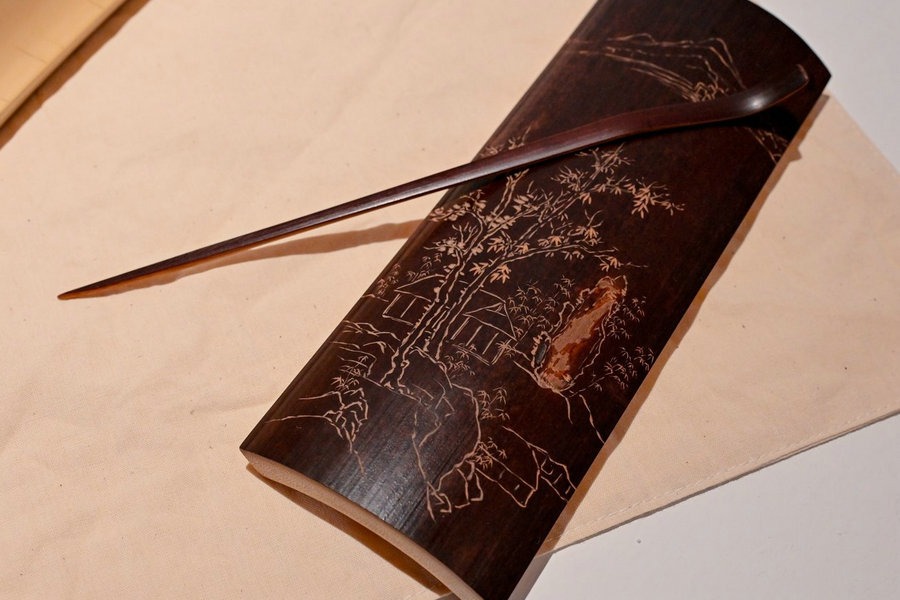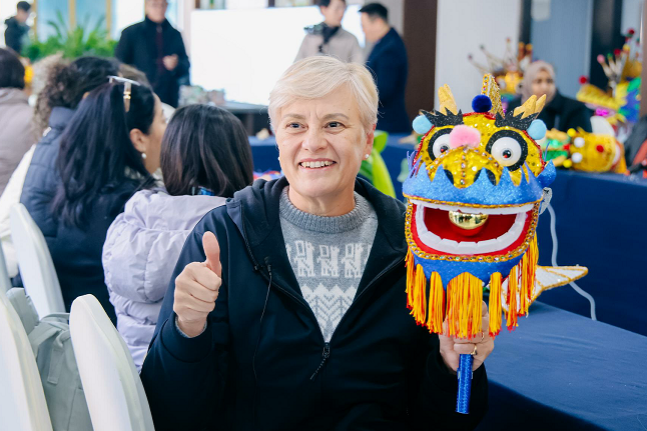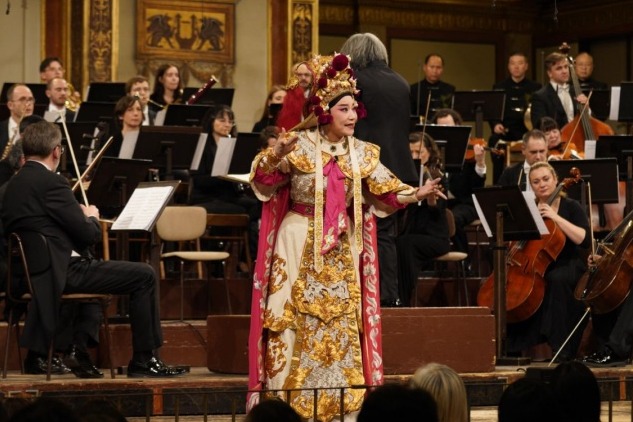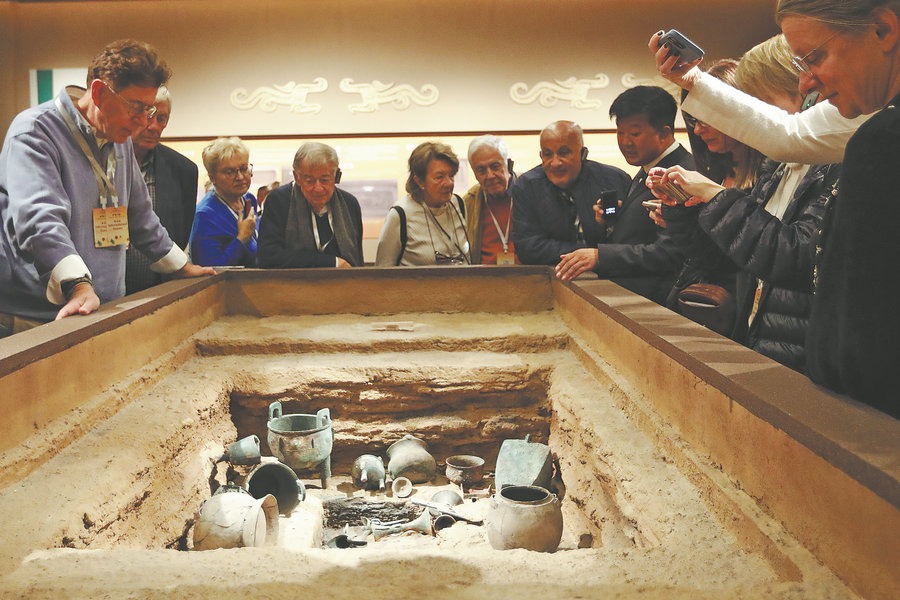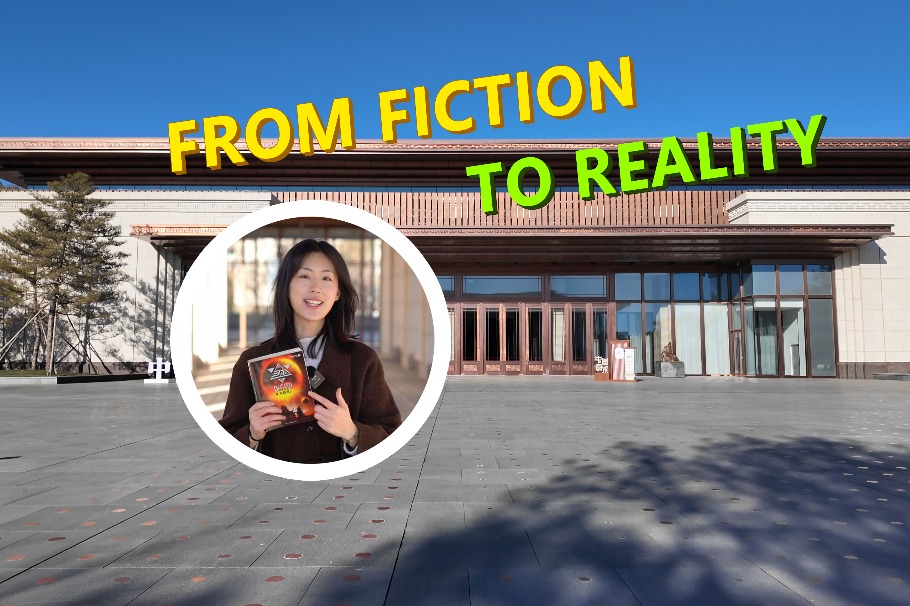Students with the spirit to succeed


A test of patience
The unified examination for music majors of Heilongjiang province fell on Dec 12.
Piano student Wang Hongxu missed the exam on music theory, solfeggio and solo performance because the exam organizer failed to provide a test paper in Braille.
According to Wang and his mother, he explained his situation when registering for the exam in November and staff working for the organizer recorded it and said they would apply for a Braille test paper and an exam extension. However, he was informed on Nov 30 that there would be no Braille paper. Wang and his mother tried to get help from the provincial education administration and the disabled people's federation, but to no avail.
Having played the piano since he was 8, Wang was hoping that taking the provincial unified examination would provide him with more options for a higher education.
Previously, he had also spent more than a year catching up with Chinese language, mathematics, English and liberal art subjects like history, geography and politics.
Wang Jianguo, a Harbin-based piano teacher who has been giving lessons to a student with physical challenges for more than 10 years, says, as far as he knows, most music conservatories in the country require a score from the provincial exam for candidates from Heilongjiang.
Wang Hongxu then prepared to take an exam for the special education college of Beijing Union University that took place last week.
The college and the special education college of Changchun University of Jilin province are among the few schools that have the facilities needed to regularly enroll and teach students with specialist requirements.
Not having to take the provincial unified examination, in a way, benefited Wang Qiuyi from Shandong province. She took the entrance examination of Shandong University of Arts in 2012.
Knowing her situation in advance, the university replied that it would accept her as long as she could meet their regular requirements.
The school set up an exam room especially for her, with three staff members: One read the test paper, one transcribed the answers for her and the last one supervised. In this way she was able to complete the music theory test.
Now she has achieved her master's degree in piano performance from the university and started her own studio.
She has also released several original pieces and uploaded online courses on improvisational accompaniment.
In 2005, Dai Bo, now a composition teacher at the Central Conservatory of Music, was recommended to the institution without taking an exam from its affiliated middle school.
However, Wang Jianguo says Dai was a rare musical talent that few students could compete with.
Back in 2002, Wuhan-based Hu Haipeng took the college entrance examination for adults-one specially set for candidates not studying at a high school-because he was not able to take the normal enrollment exam without a Braille paper.
With the help of three exam invigilators, in a format similar to that of Wang Qiuyi, Hu completed both his music theory and academic tests.
He was enrolled into the Wuhan Conservatory of Music that year. He admits that he had received a lot of support from both the exam administration and the conservatory just to get a seat in the examination hall.
"While preferential policies were absent, it was a struggle determined by the resolution and actions of both visually impaired candidates and the conservatories themselves," Hu says.


